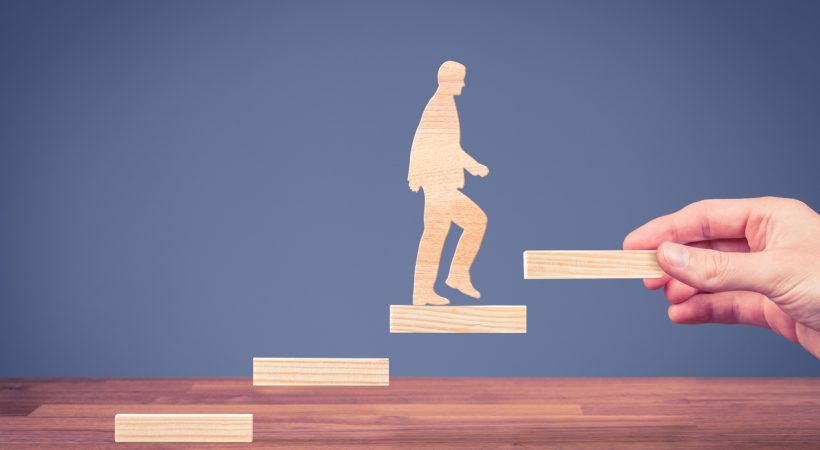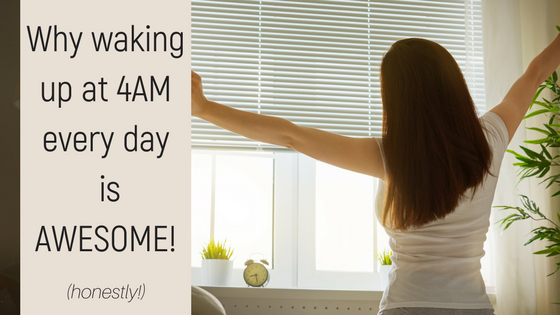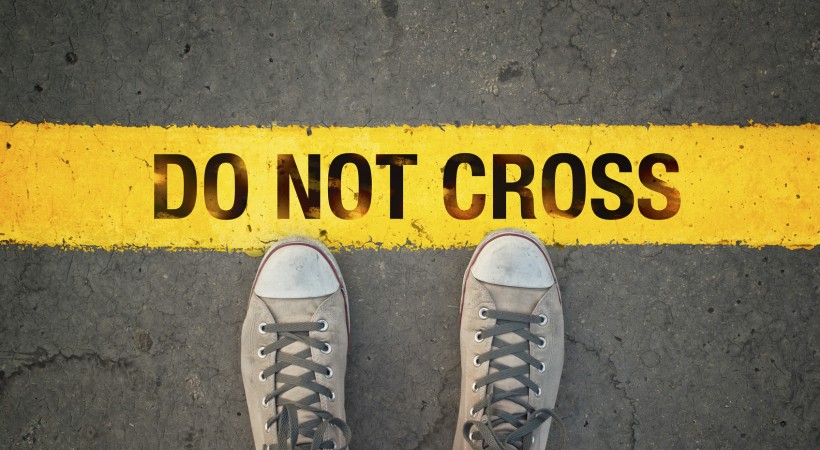This website uses cookies so that we can provide you with the best user experience possible. Cookie information is stored in your browser and performs functions such as recognising you when you return to our website and helping our team to understand which sections of the website you find most interesting and useful.
Tag: self-care
-
What is Self-Care and Why Should You Practice It?

Let’s Talk About Self-Care I want to preface this blog post by making it clear that self-care is not the same as self-indulgence, or being selfish. Self-care is all about taking care of yourself so you can be healthy, and stay well before doing anything else. Self-care has been a topic of discussion everywhere and…
-
4 Benefits of Working with a Personal Coach

In each of our lives, there are inflection points, moments in which we have key choices to make in our careers or personal lives. Perhaps you’re trying to decide whether to remain in your current job or return to school to obtain new training or a degree or even to take those special skills of…
-
Ants, Scoopy and Toilet Paper – Week 3

Week Three is done. Wow, just wow. I feel the days slowing moving by, and then the next thing I know, the days have flown by. Life has slowed down here for us – finally. I’m absolutely loving this pace. We had the chance to get into some really good conversations with the kids and…
-
Why waking up at 4am every day is AWESOME!

I set my alarm for 4am every day. Over the last two years, I have developed the habit of preserving my quiet morning time to meditate, pray, do a bit of yoga, read, or even mindlessly scroll through social media. Most of the time, when someone new figures this out, I get one of a…
-
Beginner’s Guide to Setting Boundaries

It sucks feeling like you’ve been walked all over, or taken advantage of. Maybe it’s been happening so long, it’s starting to feel like the norm?
